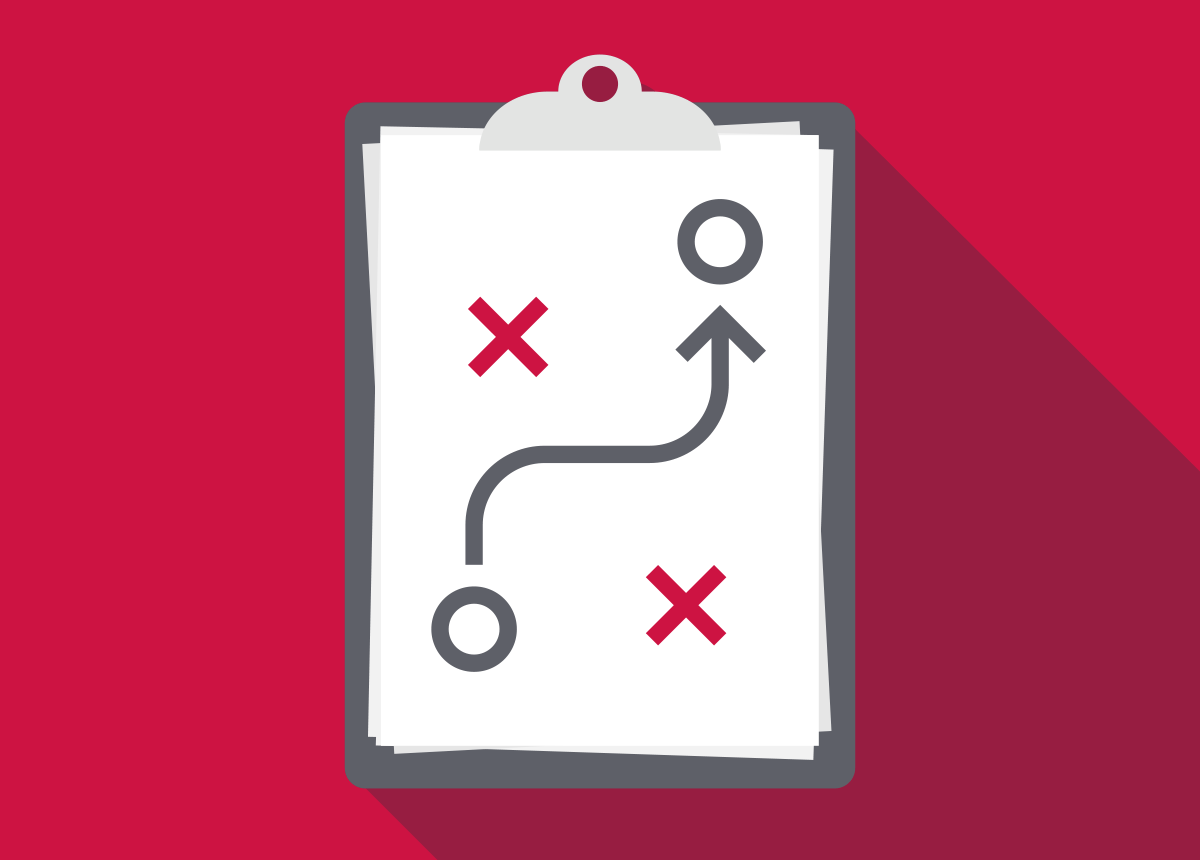What is a company voluntary arrangement?
A company voluntary arrangement (CVA) is an insolvency procedure that allows a company to reach a legally binding agreement with its creditors regarding payment of all or part of its debts over an agreed period.
What is the CVA process?
A CVA (Company Voluntary Arrangement) can be proposed by:
- The directors of a company;
- The administrator (where the company is in administration); or
- The liquidator (where the company is in liquidation).
A CVA cannot be proposed by the shareholders or the creditors of a company.
The CVA process is administered by an insolvency practitioner who is known as the “nominee” prior to the proposal being approved and as the “supervisor” after the proposal has been approved.
Where the directors of the company are making the CVA proposal the directors will work with the nominee to prepare the CVA proposal. The directors provide various information to the nominee, including a statement of the company’s affairs. The nominee prepares a statement to submit to court stating whether the CVA proposal has a reasonable prospect of being approved and implemented and whether it should be considered by a meeting of the shareholders by the company’s creditors.
Where the nominee’s report is positive, the nominee must call a meeting of the shareholders and seek a decision from its creditors within 28 days of the report being filed. At least 14 days’ notice of the meetings must be given.
The proposal is approved if 75% or more of unsecured creditors participating (by debt value) approve the proposal. Additionally, the proposal is not agreed if more than 50% (by value) of unconnected creditors vote against the proposal. A vote is also taken at the shareholders’ meeting, with a majority of 50% or more required for the CVA to be approved.
What happens when the debtor company does not comply with the terms of a CVA?
The CVA proposal will usually set out what should happen if the debtor company fails to comply with the terms of the CVA.
Typically, this will involve:
- The supervisor retaining funds to petition for the winding up (liquidation) of the company;
- Creditors being released from the terms of the CVA and being free to take action against the company;
- A clause ensuring that assets are held on trust for CVA creditors.
What is the effect of a CVA on creditors?
A company voluntary arrangement (CVA) is an insolvency procedure that allows a company to reach a legally binding agreement with its creditors regarding payment of all or part of its debts over an agreed period.
The terms of the agreement are set out in a CVA proposal that must be agreed by at least 75% of creditors (by value). Additionally, the proposal is not agreed if more than 50% (by value) of any unconnected creditors vote against the proposal.
A CVA binds all creditors of a company that were entitled to vote on the CVA proposal. Once bound a creditor can only take the actions that are defined in the proposal document in order to recover their debts.Typically, the company can carry on trading and the CVA is monitored by a supervisor who must be an insolvency practitioner.A CVA usually lasts for a period of between 3 and 5 years.
How can a creditor challenge a CVA?
The results of the shareholders’ meeting and the creditors’ decision approving (or not) the CVA proposal are reported to court. A creditor who wishes to challenge the result must apply to the court with 28 days.
The grounds for challenging a CVA are:
- Unfair prejudice
- Material irregularity
Unfair prejudice means to harm the interests of one or more creditors or shareholders and to do so unfairly. Material irregularity is understood to mean a departure from the normal procedures of agreeing a CVA that would be likely to affect the outcome of the vote. However, there is no statutory definition of either phrase. A creditor who is considering challenging a CVA should seek advice before doing so.
What are the disadvantages of a company voluntary arrangement?
The following are often considered disadvantages of a CVA:
- Typically, the arrangement lasts for a period of between 3 and 5 years.
- The directors retain control of the company. This is seen as a disadvantage where creditors have concerns about the conduct of the directors.
- For creditors, a CVA rarely provides an opportunity for the affairs of the company to be investigated.
- Until it is approved, a CVA does not generally provide a moratorium to protect the company from action by a dissatisfied creditor. A company would want to be reasonably sure that its creditors will agree to the CVA before it puts forward its proposals. Otherwise it will risk precipitate action by any dissatisfied creditor.
- Any creditor owed 25% of the company’s total indebtedness can influence the terms of the CVA.
- Need help with your company voluntary agreement?
Our Corporate Restructuring team regularly advises companies on implementing CVAs and can assist if a debtor company does not comply with the terms of a CVA.
Our partners are licensed insolvency practitioners with expertise in and many years of experience of all types of insolvency, including CVAs.
If you require advice on any of the issues raised in this article, please contact one of our Corporate Advisory partners.







 7 mins
7 mins 

